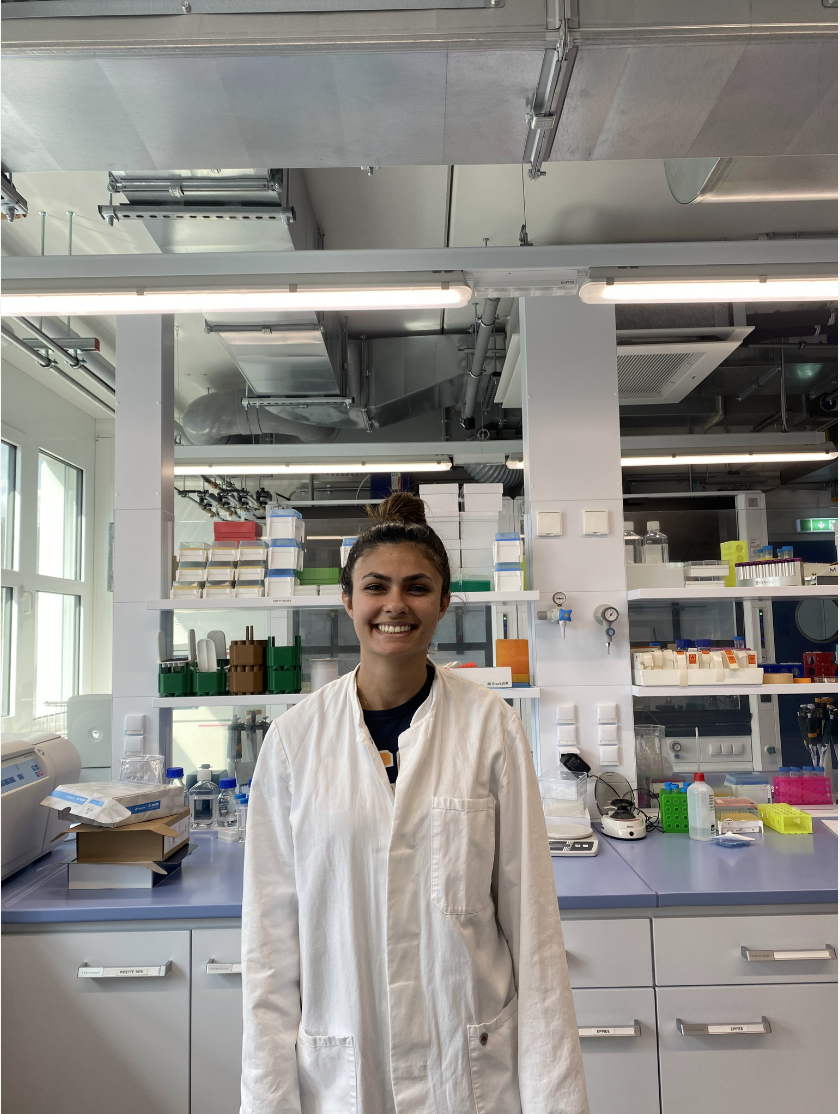
T cell-based immunotherapy is a promising avenue for cancer treatment. However, ex vivo expansion of therapeutic T cells often results in poor-quality cells with exhausted phenotypes. We propose a novel approach using synthetic antigen-presenting cells within a microfluidic system to achieve controlled expansion of functional T cells. We chose to produce silica colloidosomes, which are self-assembled and cell-shaped colloidal particles that form a microcapsule, as artificial cell types. We hypothesized that their silica-based membrane will allow for siliane-mediated stable integration into polydimethylsiloxane (PDMS) microfluidic devices, creating an environment for T cell proliferation with regulated antigen presentation. Microfluidic device molds were designed using OpenSCAD and fabricated using 3D printing and lithography-based resin printing. Microfluidic devices were created by curing PDMS on these molds and introducing a silane coating for functionalization. Colloidosomes were produced through emulsification and cross-linking, and their successful integration into microfluidic channels was confirmed through electron microscopy. Optimization yielded colloidosomes with minimal background contaminants. Microscopy images demonstrated their spherical, cell-shaped morphology. Electron microscopy revealed successful adhesion of colloidosomes to silane-coated channel walls, confirming effective integration. Ethanol and PBS washes further improved adhesion and formation within devices. This study establishes a foundation for physiologically relevant expansion of therapeutic T cells. The proposed microfluidic platform offers precise control over T cell proliferation while mimicking the natural microenvironment. This innovation holds promise for enhancing T cell quality and potency in cancer immunotherapy. As next steps, methods for tuning the colloidosome mesh-size will need to be developed. Further, we will implement an n-hydroxysuccinimide-ester-based functionalization of the colloidosomes to immobilize T cell antigens and co-stimulatory elements on the colloidosomes. These devices will then be applied for incubation of primary human CD8+ T cells to assess their ex vivo expansion.